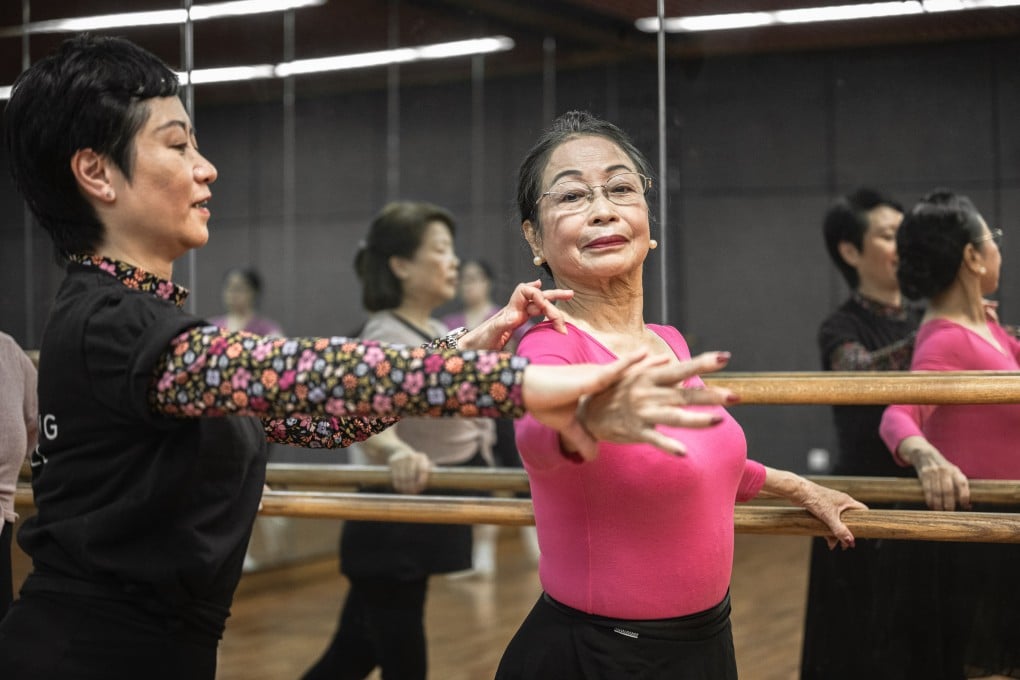Letters | A super-aged Hong Kong needs to be close-knit
Readers discuss the importance of community for Hong Kong’s seniors, the economic costs of US tariffs, anti-American sentiment and the state of Australian politics

Hong Kong is rapidly becoming a super-aged society with a significant portion of its population aged 65 years and above. This demographic shift presents both challenges and opportunities for fostering a sense of community and mutual support.
One simple yet profoundly impactful way of addressing these challenges is to actively engage with our elderly neighbours. A small act of kindness, such as introducing oneself and initiating conversation, can go a long way towards bridging generational gaps and cultivating a sense of belonging.
For the elderly, the value of community cannot be overstated. Regular interactions such as gathering for morning walks or playing musical instruments together not only provide physical and mental stimulation but also create a platform for sharing wisdom and life experience. These activities foster a sense of purpose among the elderly, who often face loneliness and isolation. Moreover, they offer younger generations invaluable insights and lessons that can only be learned from years of lived experience.
Hong Kong’s ageing problem is significant. According to two economists at the Office of the Government Economist, one-third of the population will be seniors by 2038 and the number of people aged 75 or above will increase considerably from 570,000 to 1.4 million, or from 7.9 per cent to 18.3 per cent of the total population. This demographic shift necessitates practical solutions to ensure that the elderly are not left behind.
Practical solutions such as community engagement and mutual support start with a heart set on compassion and understanding. It is about recognising the inherent value of each individual and fostering an environment where everyone feels seen and appreciated.